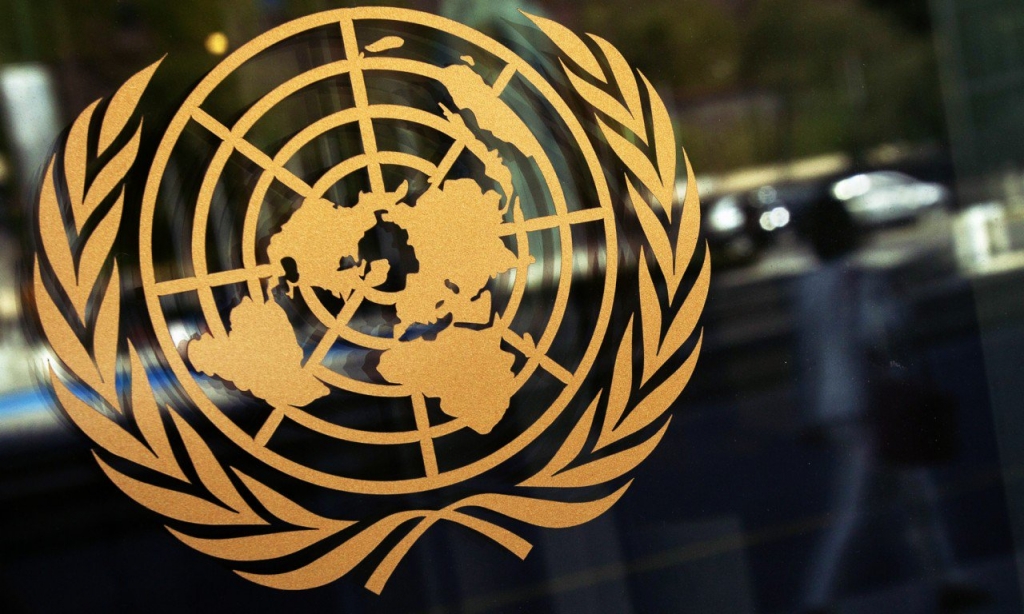Statement by Deputy Permanent Representative Anna Evstigneeva at an open VTC of UNSC members on Abyei
Mr. President,
We thank Under-Secretary-General Jean-Pierre Lacroix and Special Envoy Parfait Onanga-Anyanga for their substantive briefings.
We are concerned over the assessments contained in the Secretary-General’s recent report, saying that the security situation in Abyei remained “tense and unpredictable”. Continuing inter-communal discords, presence of armed groups, precarious criminal situation, incidents at the Amiet common market and along the so-called Main Supply Route – all this confirms that “Blue Helmets” are highly demanded in this area.
The sides need to make joint efforts in order to promote inter-Sudanese settlement that should define the final status of Abyei. We are glad to see that the bilateral relations between Khartoum and Juba continue to improve. The fact that South Sudan acted as a mediator when the Government of Sudan and the opposition were signing the Juba Agreements on 3 October 2020 proves the efficiency of the principle “African solutions – to the African problems”.
We hope that the sides will be guided by this principle when discussing the Abyei issue. There definitely are some prerequisites for its successful resolution. We call on Khartoum and Juba to make use of this positive momentum to achieve progress at this track.
We expect the African Union High-Level Implementation Panel to set forth its relevant contacts with the Sudanese sides.
Mr. President,
We attach great importance to the activity of the United Nations Interim Security Force for Abyei (UNISFA), especially with regard to maintaining constructive relations among the communes on the ground and promoting national reconciliation. UNISFA’s support allowed for the 3rd meeting of traditional leaders in December 2020, and the Aweil (South Sudan) Peace Conference in February 2021, which brought together representatives of Ngok Dinka and Misseriya communes. This instills some optimism. There is a need to proceed with confidence-building measures, i.a. within discussions of issues related to seasonal cattle-driving.
We presume that the Joint Border Verification and Monitoring Mechanism (JBVMM) is an integral element of the system for preventing incidents between the parties and that UNISFA’s support for the Mechanism is key for the security architecture.
We noted that the Secretary-General highlighted rather moderate results that the JBVMM achieved in fulfilling its ‘benchmarks’. We believe this has to do with the coronavirus-related restrictions. However, there is still some progress: Khartoum and Juba granted approval to the requested air and on-land patrols, Joint Political and Security Mechanism convened a meeting, the four border corridors are functioning. By all means, the work aimed at fulfilling the benchmarks needs to continue.
Mr. President,
We thank the Secretary-General for convening consultations with the interested sides, on which results he informed the Council in his letter of 1 April. We have understanding for the fact that at this point it does not seem possible to elaborate any realistic modalities of eventual drawdown of the mission. At the same time, we note that Sudan, South Sudan, and Ethiopia in general speak out in favor of retaining the Blue Helmets in Abyei. The only logical step in this situation would be to extend the mandate of UNISFA, including the JBVMM support. We assume that the Secretariat’s proposals as to the civil component of the mission should be considered with due account for the opinions of Khartoum and Juba, as is required by the fundamental principles of peacekeeping.
Thank you.
